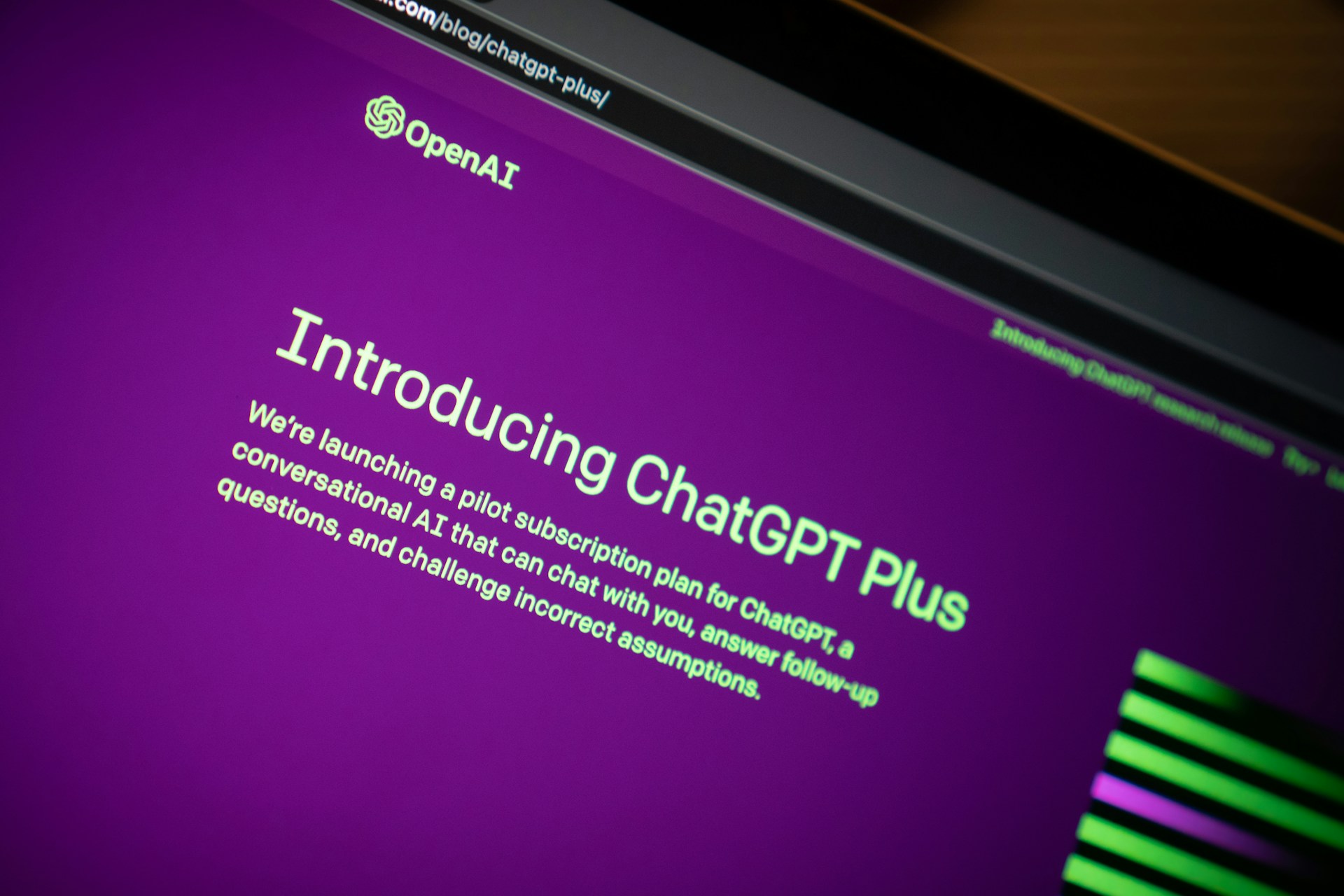OpenAI's early access program for Sora, a generative AI tool marketed as a creative partner for artists, is facing severe criticism. Artists participating in the program allege that the initiative prioritizes corporate interests over fostering genuine artistic innovation. The uproar centers on claims that artists provide unpaid labor, acting as "free bug testers" and contributing valuable feedback with minimal compensation.
Sora's launch promised to empower artists by providing free access to cutting-edge generative AI technology. However, many of the 300 participants argue that the initiative benefits OpenAI's public relations and marketing efforts more than the artists themselves. In return for their labor, artists receive limited rewards and must submit their outputs for OpenAI's approval before sharing them publicly.
Artists Demand Fair Compensation for Their Work
Participants have expressed frustration over what they describe as the exploitation of creative labor. Many believe that their unpaid contributions to Sora are used to refine a product for a $150 billion company, while the compensation—a chance for their AI-generated films to be screened—is negligible compared to the value they bring.
In an open letter to OpenAI, artists emphasized their discontent with being treated as unpaid researchers and brand promoters. "We are not your free bug testers, PR puppets, training data, or validation tokens," the statement read. The letter also criticized the competitive nature of the program, where only a select few would see their work showcased, amplifying the disparity between corporate gain and artist recognition.
The concerns extend beyond monetary compensation. Participants argue that OpenAI's approval requirement stifles artistic freedom and relegates creators to an advertising role for the AI tool, rather than empowering them to innovate independently.
Corporate ‘Artwashing’ or Progress? The Debate Over AI in the Arts
Critics have labeled Sora’s rollout as an example of "artwashing," where corporate initiatives aimed at integrating AI into creative fields appear to exploit artists under the guise of collaboration. By sharing this tool with the public, some artists hope to highlight these disparities and push for more transparency and fairness in future releases.
Despite the backlash, many participants do not oppose AI's integration into the arts. They advocate for a system that truly supports and uplifts artists while addressing the ethical concerns surrounding unpaid labor.
Netizens React to the Controversy
The Sora program has ignited debate online, with netizens sharing diverse perspectives:
- @creative_uprising: “Artists deserve fair pay for their labor. Billion-dollar companies can do better than free R&D!”
- @techenthusiast23: “This is just innovation at work. Stop complaining and adapt to the AI-driven future.”
- @paintedprotest: “Calling out OpenAI for exploiting creators. They need to walk the talk on supporting the arts!”
- @ai_love_hate: “It’s a fine line between collaboration and exploitation. OpenAI needs to clarify its intentions.”
- @visionary_vibes: “Sora’s potential is huge, but artists shouldn’t be treated as disposable test subjects.”
- @art_unleashed: “Excited for Sora’s public release, but this backlash is a wake-up call for OpenAI.”
The future of AI-driven artistry hinges on finding a balance between corporate innovation and ethical treatment of creators. The controversy surrounding Sora highlights the importance of transparency and collaboration in shaping this evolving field.



 Flare, Xaman Roll Out One-Click DeFi Vault for XRP Yield via XRPL Wallets
Flare, Xaman Roll Out One-Click DeFi Vault for XRP Yield via XRPL Wallets  Middle East Airspace Shutdown Disrupts Global Flights After U.S.-Israel Strikes on Iran
Middle East Airspace Shutdown Disrupts Global Flights After U.S.-Israel Strikes on Iran  Microsoft Gaming Leadership Shake-Up: Phil Spencer Retires, Asha Sharma Named New Xbox CEO
Microsoft Gaming Leadership Shake-Up: Phil Spencer Retires, Asha Sharma Named New Xbox CEO  Anthropic Refuses Pentagon Request to Remove AI Safeguards Amid Defense Contract Dispute
Anthropic Refuses Pentagon Request to Remove AI Safeguards Amid Defense Contract Dispute  Nintendo Share Sale: MUFG and Bank of Kyoto to Sell Stakes in Strategic Unwinding
Nintendo Share Sale: MUFG and Bank of Kyoto to Sell Stakes in Strategic Unwinding  OpenAI Pentagon AI Contract Adds Safeguards Amid Anthropic Dispute
OpenAI Pentagon AI Contract Adds Safeguards Amid Anthropic Dispute  Netflix Stock Jumps 14% After Exiting Warner Bros Deal as Paramount Seals $110 Billion Acquisition
Netflix Stock Jumps 14% After Exiting Warner Bros Deal as Paramount Seals $110 Billion Acquisition  Trump Media Weighs Truth Social Spin-Off Amid $6B Fusion Energy Pivot
Trump Media Weighs Truth Social Spin-Off Amid $6B Fusion Energy Pivot  Samsung and SK Hynix Shares Hit Record Highs as Nvidia Earnings Boost AI Chip Demand
Samsung and SK Hynix Shares Hit Record Highs as Nvidia Earnings Boost AI Chip Demand  BlueScope Steel Shares Drop After Rejecting Revised A$15 Billion Takeover Bid
BlueScope Steel Shares Drop After Rejecting Revised A$15 Billion Takeover Bid  FAA Plans Flight Reductions at Chicago O’Hare as Airlines Ramp Up Summer Schedules
FAA Plans Flight Reductions at Chicago O’Hare as Airlines Ramp Up Summer Schedules  Nvidia Earnings Beat Expectations as AI Demand Surges, Stock Rises on Strong Revenue Outlook
Nvidia Earnings Beat Expectations as AI Demand Surges, Stock Rises on Strong Revenue Outlook  Trump Orders Federal Agencies to Halt Use of Anthropic AI Technology
Trump Orders Federal Agencies to Halt Use of Anthropic AI Technology  Samsung Stock Hits Record High on Nvidia HBM4 Supply Deal, Boosting AI Chip Rally
Samsung Stock Hits Record High on Nvidia HBM4 Supply Deal, Boosting AI Chip Rally  OpenAI Hires Former Meta and Apple AI Leader Ruomin Pang Amid Intensifying AI Talent War
OpenAI Hires Former Meta and Apple AI Leader Ruomin Pang Amid Intensifying AI Talent War 































